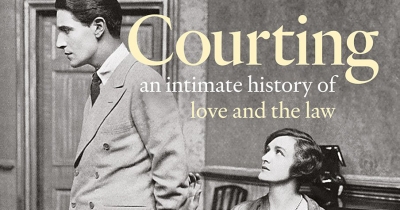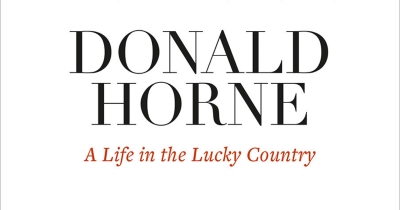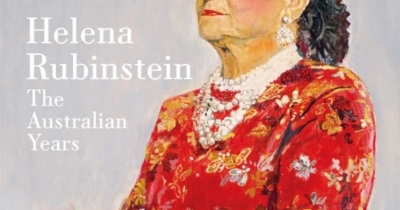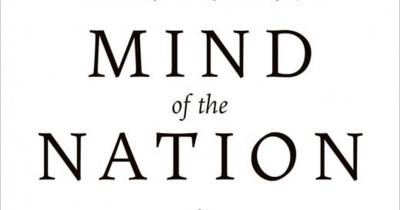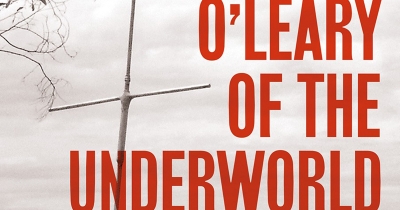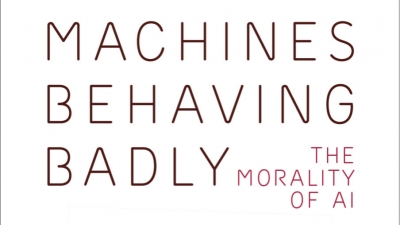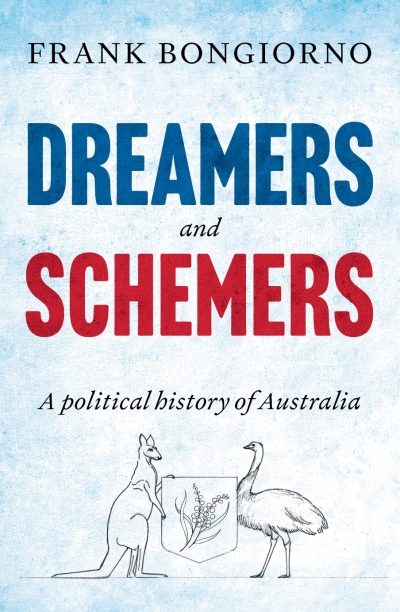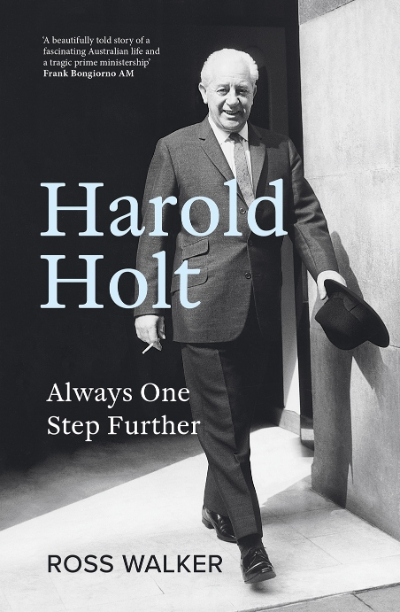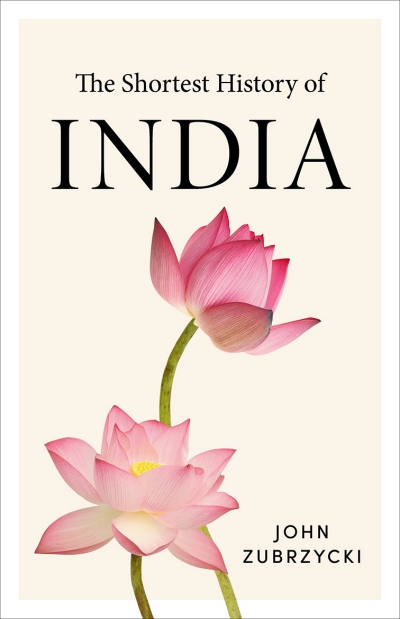La Trobe University Press
A Political Memoir: Intellectual combat in the Cold War and the culture wars by Robert Manne
by Frank Bongiorno •
Courting: An intimate history of love and the law by Alecia Simmonds
by Zoe Smith •
Mind of the Nation: Universities in Australian life by Michael Wesley
by John Byron •
O'Leary of the Underworld: The untold story of the Forrest River Massacre by Kate Auty
by Ann Curthoys •
Dreamers and Schemers: A political history of Australia by Frank Bongiorno
by James Walter •


